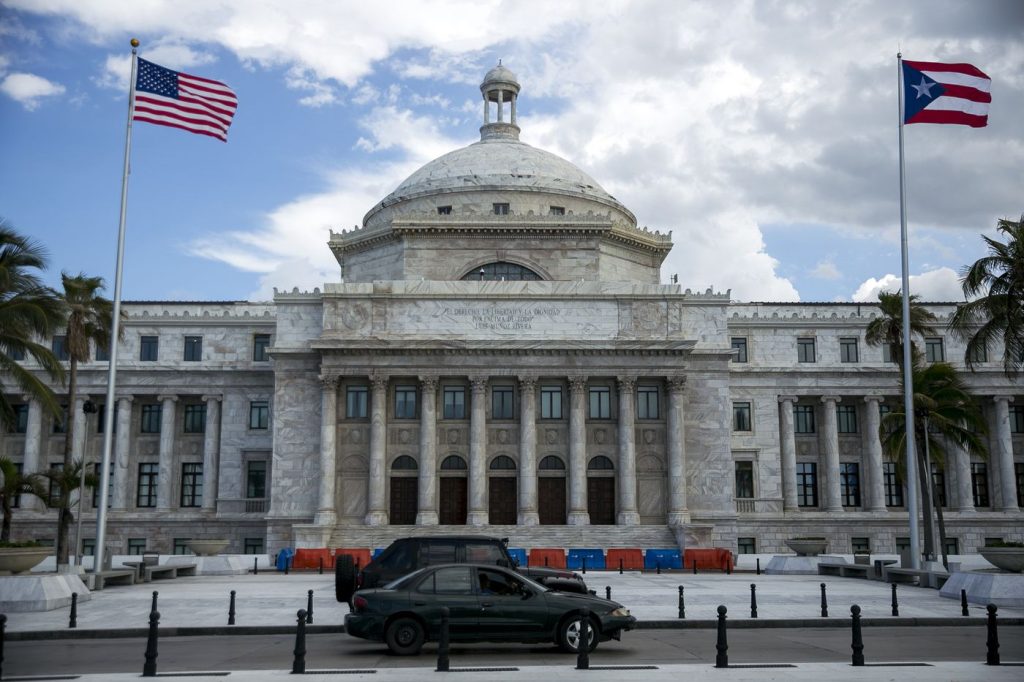
By Camila Gonzalez Del Toro, 3L
Over the years, the Caribbean island of Puerto Rico has become an excellent attraction to commercialize foreign merchandise because of its tax incentives, geographic location, and expansive consumer market. Many multinational corporations have extended their operations to Puerto Rico by appointing local distributors. Consequently, Law 75 enacted on June 24, 1964 aggressively protects local distributors from distribution agreement termination without just cause. Under the Law, a distributor is broadly defined as “a person with actual interest in a distribution contract because he or she effectively handles the distribution, agency, concession or representation of a given merchandise or service in Puerto Rico.” This Law aims to strongly protect distributors on the island, suppressing other local distributors from fair competition and preventing multinational corporations from withdrawing from their agreements.
Under Law 75, once the principal establishes a distribution agreement with the distributor, the principal cannot withdraw from the contract without just cause. But what exactly is just cause? The Law defines just cause as a distributor’s failure to perform “any of the essential obligations of the distribution contract, or any action or omission on his part that adversely and substantially affects the interest of the principal or grantor in promoting the marketing or distribution of the merchandise or service.” It is not considered just cause for a principal to sell its products directly to the Puerto Rican market even if this will lower retail price points for consumers. Furthermore, the principal lacks just cause to establish other distribution relationships that undermine the existing distributor. However, other factors are considered, such as the principal’s good faith and the evaluation of the terms in the agreement.
Throughout the years, courts have struggled with how to interpret just cause in an era of technological advances. For example, exclusive distribution rights may be reduced when consumers purchase the products through a third party, such as the Internet. In Irvine v. Murad Skin Research Laboratories, Inc., the First Circuit held that a principal impaired the exclusivity rights of the distributor by failing to stop an infomercial from being aired in Puerto Rico, causing consumers to purchase it directly instead of buying it through the distributor. The First Circuit held this decision even when the principal was unaware of the infomercial’s existence and the impact on the consumers’ decisions. This case is an example of how the strong protection towards distributors has impacted court decisions, thus challenging multinational corporations.
On the other hand, recently, in Jose Santiago Inc. v. Smithfield Foods, Inc., the local distributor (“Santiago”) brought a suit complaining that the principal breached their distribution agreement under Law 75. Since 1995, Santiago has had an exclusive distribution agreement with Farmland Foods, which then merged with Smithfield. Smithfield alleged that it had informed Santiago that it would continue to be its exclusive distributor for Farmland products for as long as they existed. Once Farmland products were consolidated into the Smithfield brand, Smithfield notified Santiago that another distributor in Puerto Rico would represent and sell some of the Smithfield products, offering a nonexclusive distribution contract. Santiago claimed Smithfield violated the exclusive distribution agreement under Law 75. The court concluded that, although Santiago was a distributor protected by Law 75, Smithfield acted in good faith because it had offered nonexclusive distribution rights for some Smithfield products, but Santiago rejected it. Furthermore, Smithfield refused to fill Santiago’s orders until it paid overdue invoices. The court concluded that payment failure was an essential obligation of their contract, constituting just cause. This case demonstrates the importance of establishing clear terms when agreeing with a distributor in Puerto Rico to prevent the Law from eradicating free commerce.
As long as this Law exists, multinational corporations should understand the consequences of the law in a distribution agreement, such as comprehending the concept of just cause in the Law and which contract covenants are not enforceable under the law. When principals establish distribution agreements with clear terms, the negotiation will have many advantages. The principals will not only reduce unnecessary and costly litigation but also prevent local distributors from controlling the market and the product’s price on the island, benefiting local consumers.




